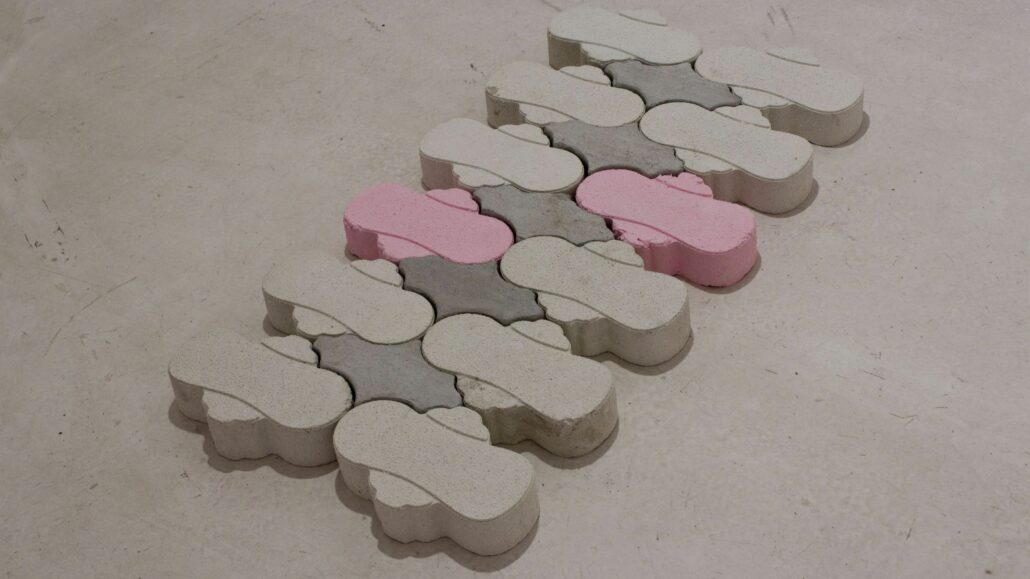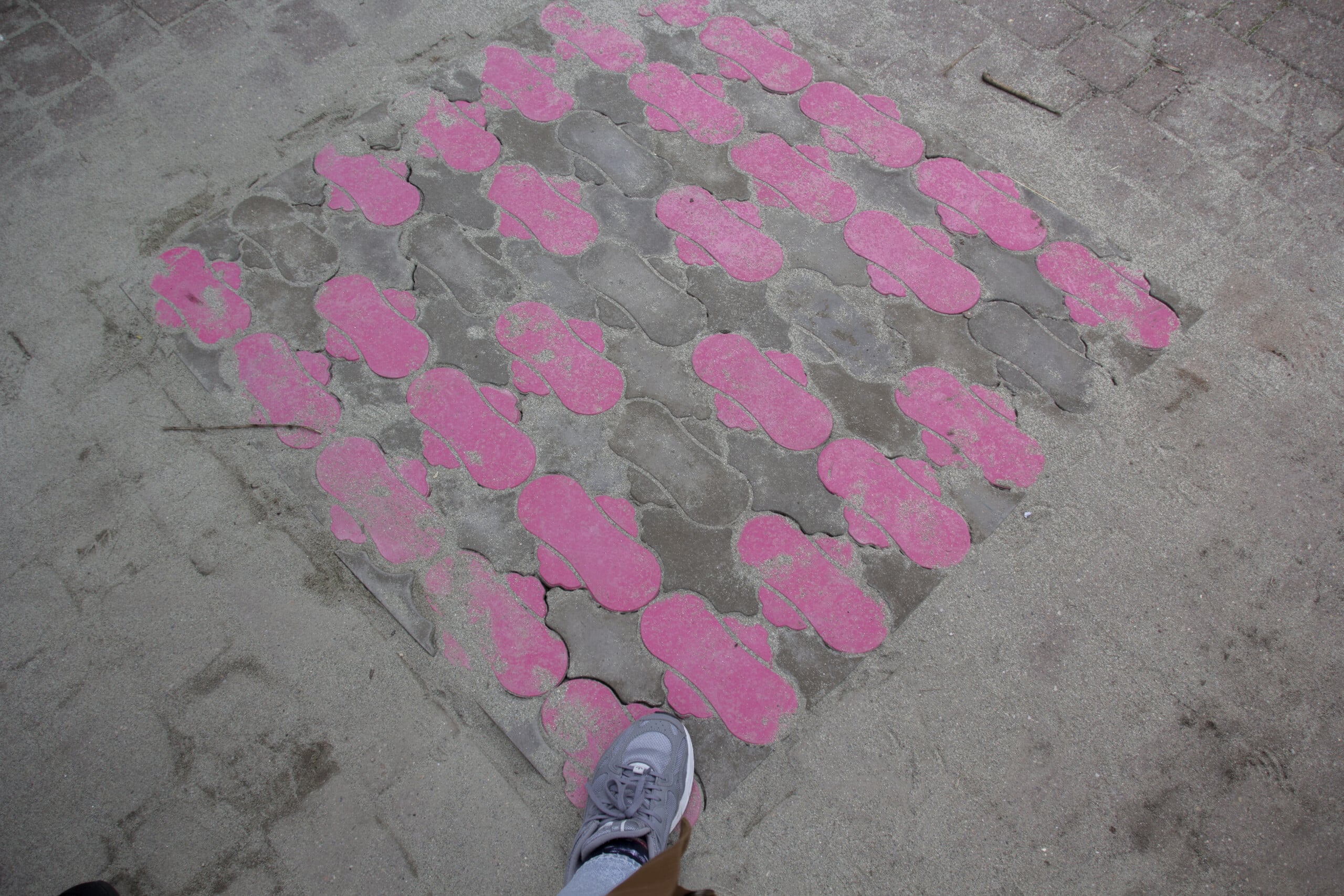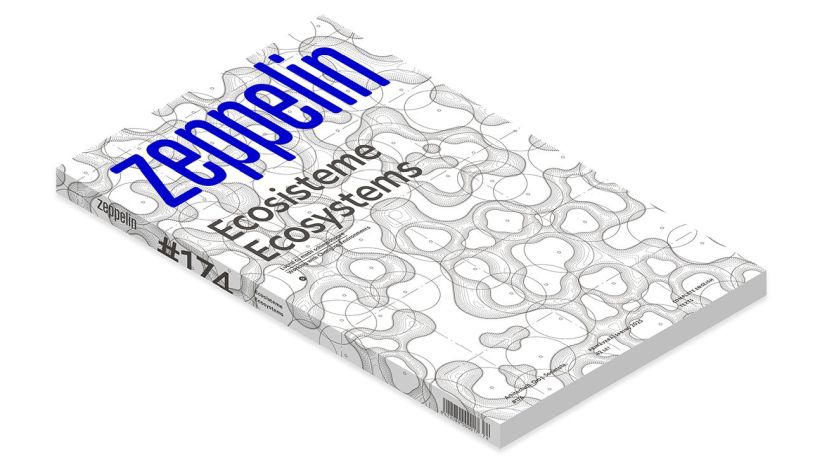Text: Cătălina Frâncu
Foto: Roberta Curcă
I was in Paris, close to Quai de la Marne, when I entered a supermarket with my partner, Teodor, in search for daily pads (thin, for light flux, usually used after menstruation); we went in audibly talking in Romanian heading towards the hygiene racks, then took a walk to the pastry area, then the chips, and, after having paid, we headed towards the exit. The guard positioned himself right in front of me, standing legs spread and demanded: ”Ouvre le sac!” (not even ”ouvrez,” not to mention ”s’il vous plaît”). „Mais…” I murmur while opening my bag. ”What is this?” he asks me pulling the pads out. ”No, no, no: this — this is expensive!” he adds, violently waving it towards the cashier.
”Et en plus, payé! Chauvin!” I rebuke and triumphantly snatch the pack back with the receipt in my hand on my way to the exit. I was always amazed at how I always know what to say in a fight in French.
Pads are not only expensive, often inaccessible, but they are shameful, together with menstruation, for which they stand symbol. Although it is a reality for more than half the planet, menstruation, together with the urban facilities for its management (toilets) are exiled into ether and condemned to forever be unnamed — just like streets with feminine names.
Roberta Curcă, in a radical gesture of play with the apparent two-dimensionality of the ground (rarely explored by architects) brings to the urban space — in the Stadium Park in Timișoara, for the BETA — the shame of previous generations and shapes it into a source of power for people who menstruate in the hope that soon other gestures of urban inclusion will come, leading towards a kinder society.
A circle drawn around an ant on a sheet of paper forbids it from trespassing its contour; it could forever remain there until it dries up of thirst, in chalk-drawn desperation. An elephant chained as a pup, once freed, will walk around the same circumference as the chain would allow, like a diligent drawing compass without a centre. Poor children with rich friends have a higher chance of rising out of their social class as adults. People who look like you and do extraordinary things make you believe you could too. And the pads in Roberta’s pavement make us look up feeling like we are less extraterrestrial.
*Roberta Curcă: “The original work was made for the 2015 exhibition ”Urban Discriminations” at the Victoria Art Center in Bucharest and is currently part of the MaRE Museum of Recent Art’s collection, in Bucharest. For Another Breach in the Wall, the concrete paving stones are reproduced in larger numbers and placed as permanent paving in Timisoara’s Stadion Park. ”



